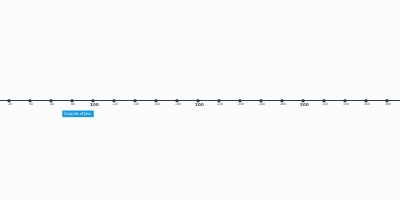25 out 1415 ano - Battle of Agincourt
Descrição:
England's unexpected victory at Agincourt against a numerically superior French army boosted English morale and prestige, crippled France, and started a new period in the war during which the English began enjoying great military successes.After several decades of relative peace, the English had renewed their war effort in 1415 amid the failure of negotiations with the French. In the ensuing campaign, many soldiers died due to disease and the English numbers dwindled; they tried to withdraw to English-held Calais but found their path blocked by a considerably larger French army. Despite the disadvantage, the following battle ended in an overwhelming tactical victory for the English.
King Henry V of England led his troops into battle and participated in hand-to-hand fighting. King Charles VI of France did not command the French army himself, as he suffered from severe psychotic illnesses with moderate mental incapacitation. Instead, the French were commanded by Constable Charles d'Albret and various prominent French noblemen of the Armagnac party.
This battle is notable for the use of the English longbow in very large numbers, with the English and Welsh archers making up nearly 80 percent of Henry's army. The devastation of the French cavalry at their hands signaled the decline of cavalry and the increasing dominance of ranged weapons on the battlefield.
Agincourt is one of England's most celebrated victories and was one of the most important English triumphs in the Hundred Years' War, along with the Battle of Crécy (1346) and Battle of Poitiers (1356). It forms the centrepiece of the play Henry V by William Shakespeare.
Adicionado na linha do tempo:
Data:
25 out 1415 ano
Agora
~ 610 years ago
